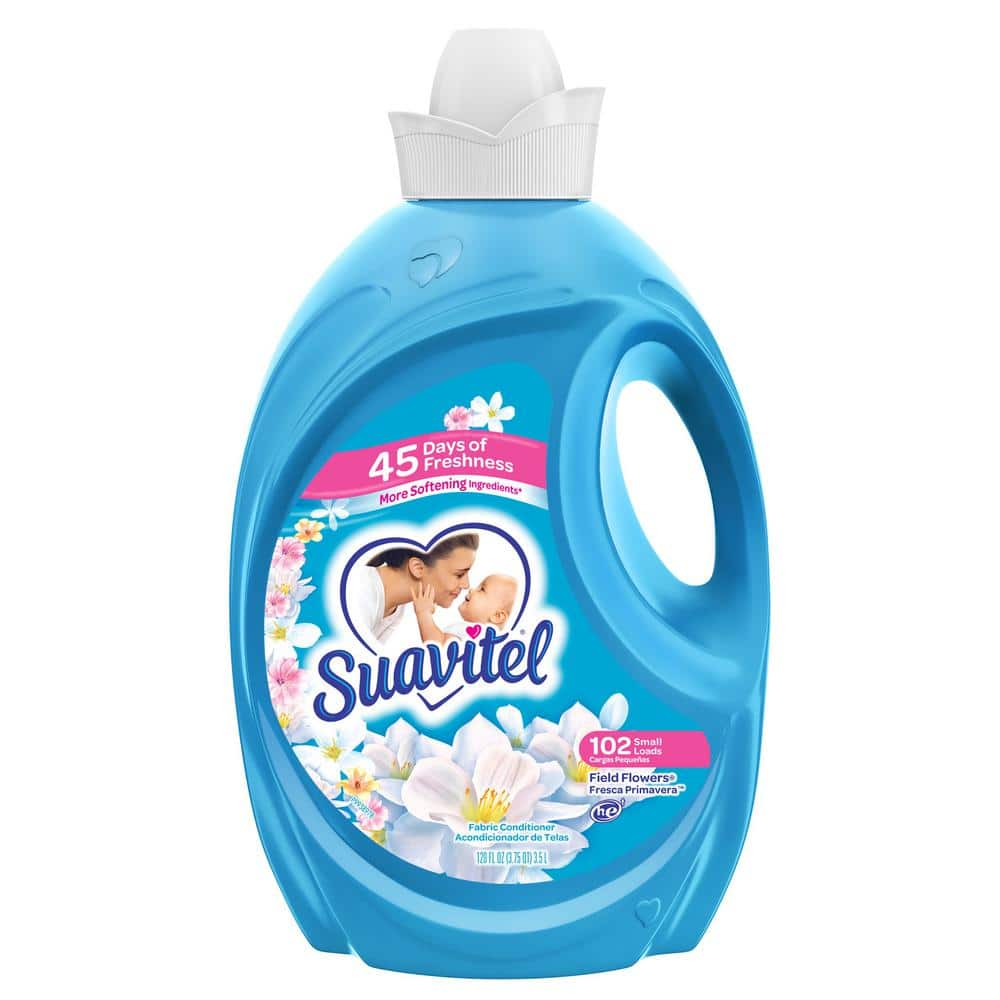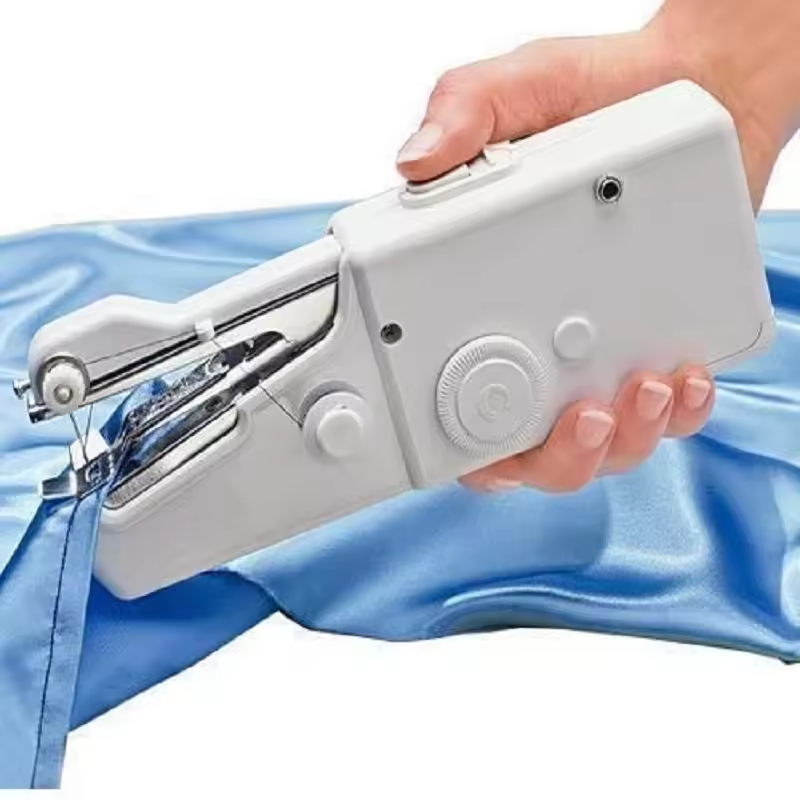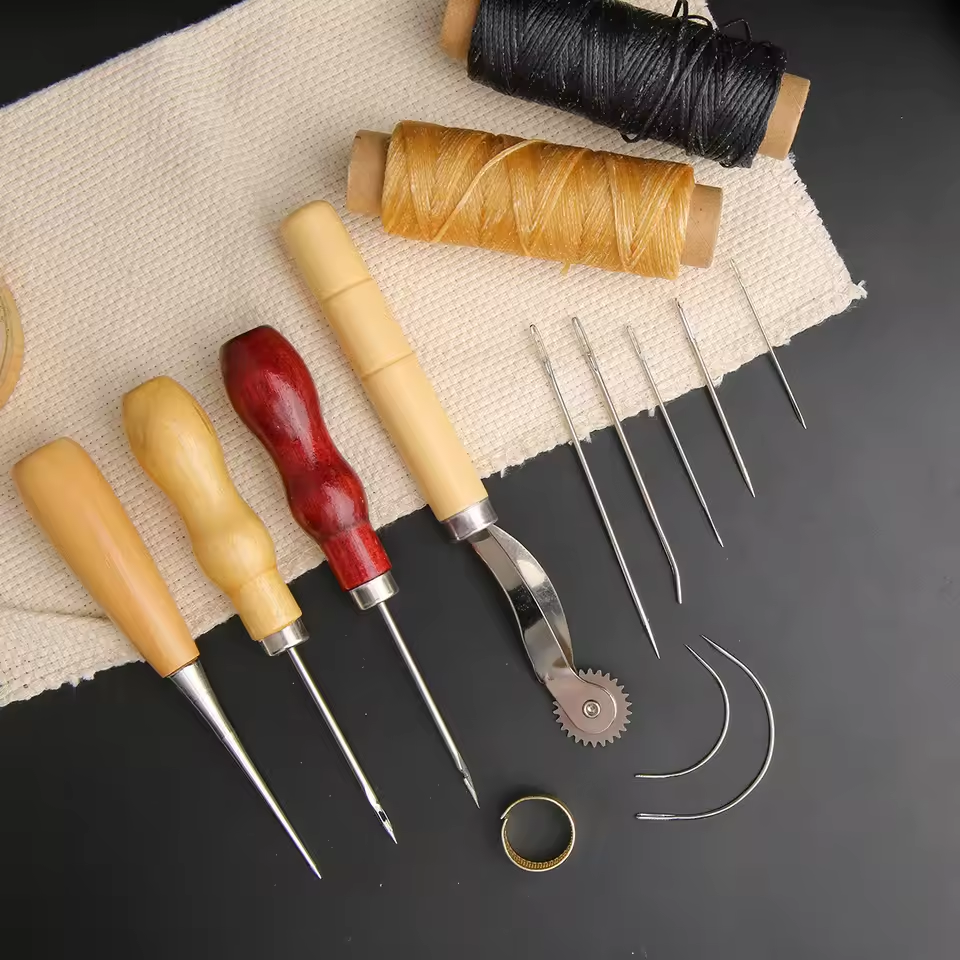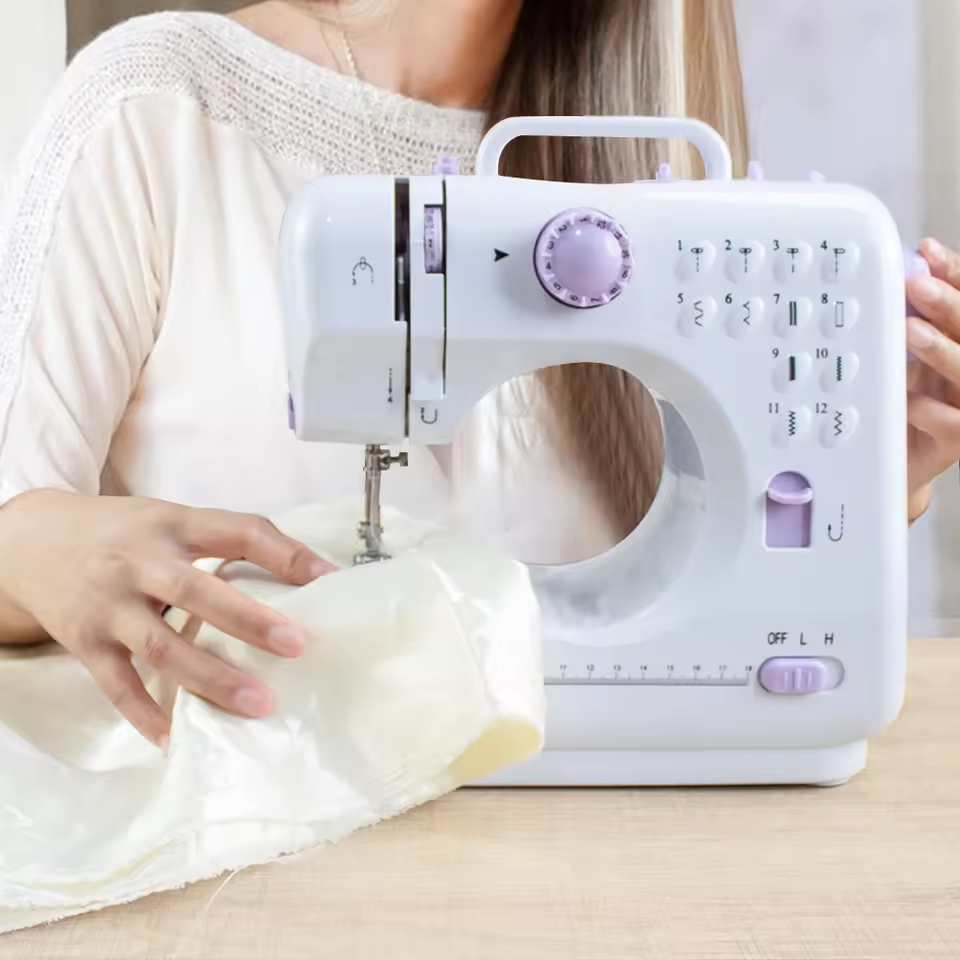Introduction to Fabric Softeners
The Purpose of Fabric Softeners in Laundry
Fabric softener aim to make clothes soft and static-free. They add a pleasant scent and make ironing easier. These laundry additions work by coating fibers in fabric, which creates a softer feel.
Deciding if You Really Need Fabric Softeners
Choosing fabric softener is personal. You might not need it for every wash. Some fabrics do better without it. People with sensitive skin or eco concerns often skip fabric softener. Consider the type of fabric, your skin, and the environment before deciding.

The Cons of Using Fabric Softeners
While fabric softeners can make clothes soft and fragrant, they have various drawbacks.
Residue Buildup and Reduced Absorbency
Fabric softeners often leave chemicals on fabrics and in machines. These residues can make towels and other items less absorbent. They can also clog washing machine parts, leading to malfunctions.
Allergic Reactions and Skin Irritation
Ingredients in fabric softeners can cause skin and respiratory issues. Fragrances and softening agents may trigger allergies, especially in sensitive individuals.
Environmental Concerns and Sustainability Issues
Fabric softeners include chemicals harmful to wildlife and ecosystems. These products often come in non-recyclable packaging that adds to landfill waste. The manufacturing process also releases pollutants into the air and water.
Interference with Flame Retardant Properties
Softeners may reduce the effectiveness of flame-retardant treatments on fabrics such as children’s sleepwear. This could potentially increase fire risks.
Natural and Eco-Friendly Alternatives
In search of a greener laundry routine? Here are natural alternatives that are kind to both your fabrics and the environment.
The Benefits of Wool Dryer Balls
Wool dryer balls shorten drying time and soften fabrics without chemicals. They reduce static and can be reused, saving money and waste. Add essential oils for a pleasant scent.
Using Vinegar to Soften and Deodorize Clothes
White vinegar can naturally soften and kill odors in clothes. Just add half a cup to your rinse cycle. It’s affordable, effective, and leaves no residue or smell on dry clothes.
Baking Soda as a Fabric Softener
Baking soda balances pH levels in water, softening fabrics. Add it to your wash for cleaner, fresher clothes. It’s gentle, natural, and boosts detergent performance.
The Magic of Aluminum Foil Balls
A ball of aluminum foil in the dryer fights static cling. It’s a simple trick that reuses foil and avoids chemicals.
The Simple Practice of Air Drying
Letting clothes air dry naturally saves energy and lowers bills. It leaves fabrics feeling soft and fresh without extra products.
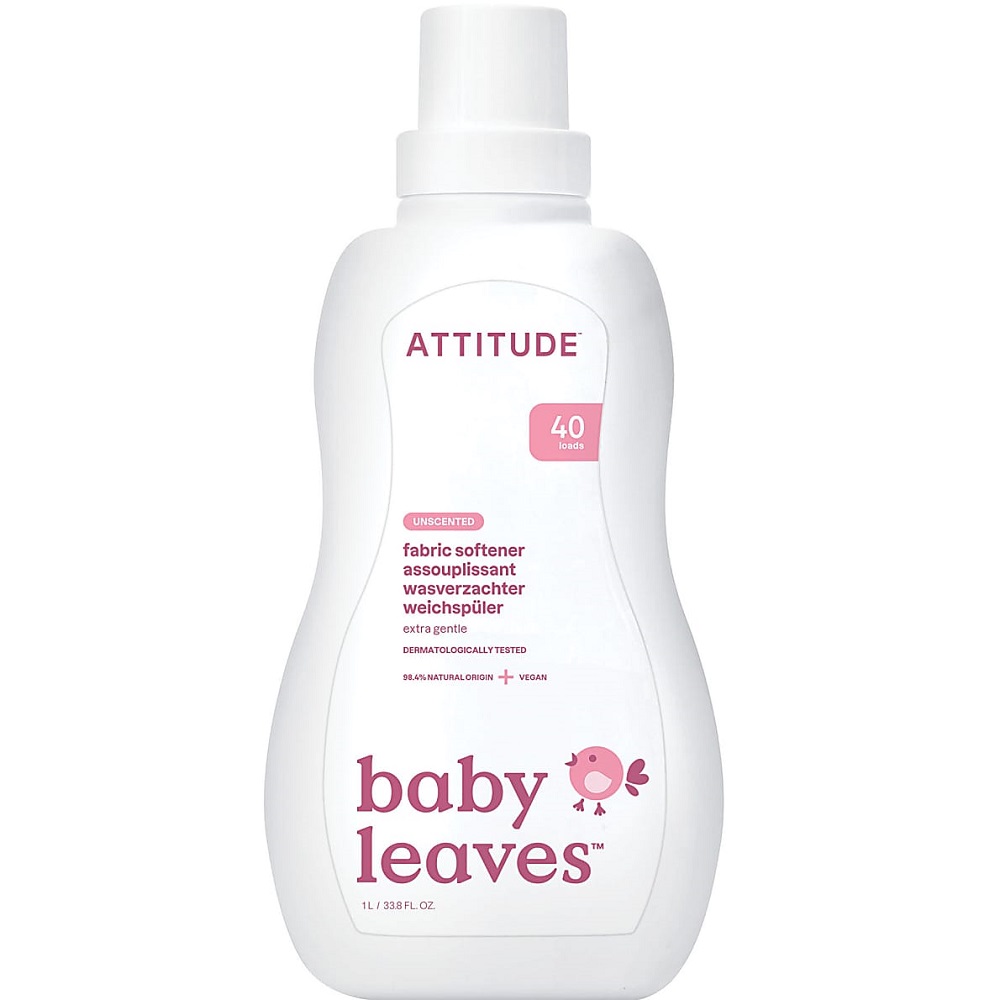
Homemade Fabric Softener Recipes
The homemade route for fabric softeners offers a custom, eco-friendly approach. Here’s how you can create your own.
DIY Vinegar-Based Fabric Softeners
White vinegar is a star in the natural cleaning world. For a simple softener, just mix one part vinegar with one part water. If you like scents, stir in a few drops of essential oils. Use this mix in your rinse cycle.
Baking Soda and Essential Oils Blends
Baking soda can freshen and soften fabrics. Combine four parts baking soda with one part warm water. Then, mix in ten drops of your chosen essential oil for fragrance. Add this to your laundry’s wash cycle for better results.
Other Creative Alternative Solutions
Looking for more unique ideas? Try these:
- Infused Vinegar: Steep vinegar with citrus peels or herbs for two weeks. Use this in the rinse cycle for a fresh, natural scent.
- Hair Conditioner: Believe it or not, a hair conditioner can double as a fabric softener. Mix one part conditioner with two parts water and use in the rinse cycle. Choose a silicone-free conditioner for best results.
- Epsom Salts: Mix Epsom salts with baking soda and a few drops of essential oils. This blend can be added to clothes before starting the wash cycle.
- Vegetable Glycerin: Combine vegetable glycerin with water for a gentle softening effect. Use it in the final rinse for a petrochemical-free softening effect.
Advantages of Avoiding Fabric Softeners
Choosing not to use fabric softeners can offer numerous benefits, from enhancing the functionality of your fabrics to supporting your health and the environment.
Improved Fabric Absorbency and Performance
When you skip fabric softeners, your towels, athletic wear, and other fabrics improve in absorbency. This makes them more effective at their intended functions. Without the coating that softeners leave, fabrics dry quicker and breathe better.
Health Benefits of Natural Alternatives
Using natural alternatives, like vinegar or baking soda, reduces exposure to chemicals. This can lessen skin irritations and allergies for sensitive individuals. Also, natural options often lack the artificial fragrances that trigger respiratory issues.
Cost Savings and Economic Considerations
Natural alternatives typically cost less over time compared to standard fabric softeners. Items like vinegar and baking soda are inexpensive and widely available. This reduction in cost does not compromise the quality of your laundry care.
Positive Environmental Impact
Fabric softeners can harm the environment, from manufacturing to disposal. Natural alternatives have less impact on wildlife and ecosystems. They often come in eco-friendlier packages or can be used in ways that produce zero waste.
Tips for Customizing Your Fabric Softener
To make your homemade fabric softeners truly your own, consider experimenting with various ingredients and scents. Here are a few tips to guide your customization:
Experiment with Essential Oils
Essential oils not only add delightful fragrances but also provide additional benefits. For instance, lavender has calming properties, while tea tree oil offers antibacterial benefits. Mix and match oils to create a signature scent that suits your preference.
Adjusting Mixtures for Specific Needs
Depending on your laundry requirements, you can tweak the consistency and strength of your fabric softener. If you desire a stronger scent, increase the drops of essential oil. Conversely, if you find a particular blend too strong, simply dilute it with more water.
Seasonal and Aromatic Infusions
Consider seasonal infusions that evoke different times of the year. Citrus oils like lemon and orange can create a refreshing scent in summer, while cinnamon or clove might be more comforting in winter. Play around with seasonal aromas to brighten your laundry routine.
Understanding the Ingredients and Their Benefits
When crafting homemade fabric softeners, it’s essential to understand the benefits of the primary ingredients. This not only helps you make informed choices but also empowers you to select the best combinations for your needs.
Vinegar: A Natural Deodorizer
Vinegar is not only effective at softening fabrics but also excels at neutralizing odors. It breaks down residues and helps prevent static cling, which is a common issue with synthetic fabric softeners.
Baking Soda: A Natural Cleaner and Deodorizer
Baking soda works on multiple fronts: it softens water, increases the effectiveness of your detergent, and neutralizes odors. Its mild abrasive properties also help eliminate stains, making it an all-around valuable addition to your laundry routine.
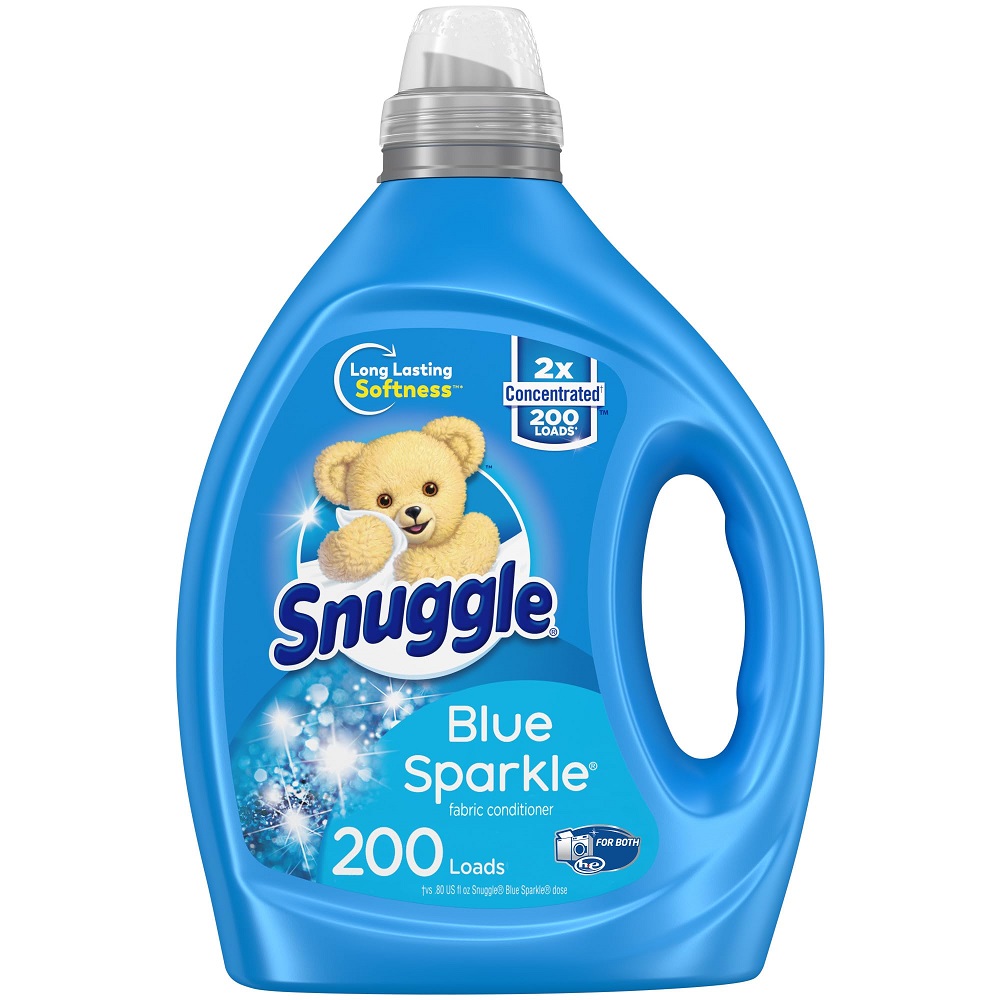
Conclusion: Embracing Alternatives for Healthier Laundry
As we conclude, it’s clear that choosing alternatives can lead to healthier laundry habits. Fabric softeners are not essential. Natural swaps can bring similar benefits without negative effects. Below, let’s dive into effective steps to begin this transition and the lasting advantages it offers.
How to Get Started with Fabric Softener Substitutes
To start, reevaluate your laundry needs. See what fabrics you often use. Identify those that fare well without commercial softeners. Gather simple items like baking soda and vinegar from your kitchen. Purchase wool dryer balls or make aluminum foil balls. Test each method to find what works best for you. Introduce essential oils if you enjoy scented laundry. Remember, small changes can lead to big improvements.
Final Thoughts on Switching to Eco-Friendly Options
Switching to eco-friendly laundry alternatives has clear perks. It benefits your skin, health, wallet, and the planet. Your fabrics may perform better, and your conscience can rest easy. Embrace these natural options, and enjoy the fresh, clean results on your journey to a greener lifestyle.






